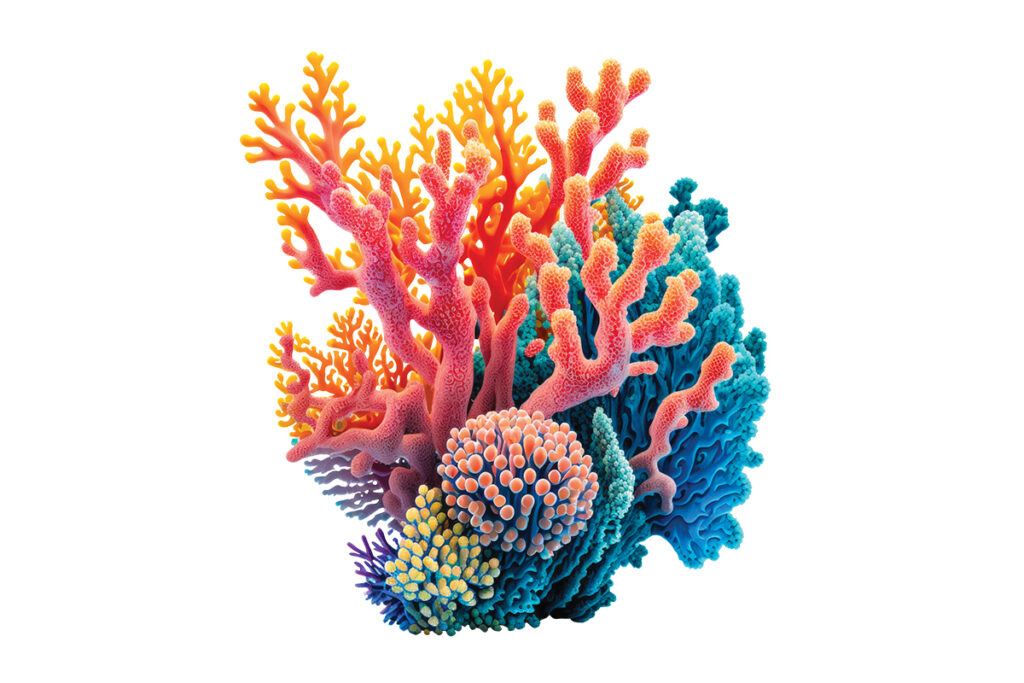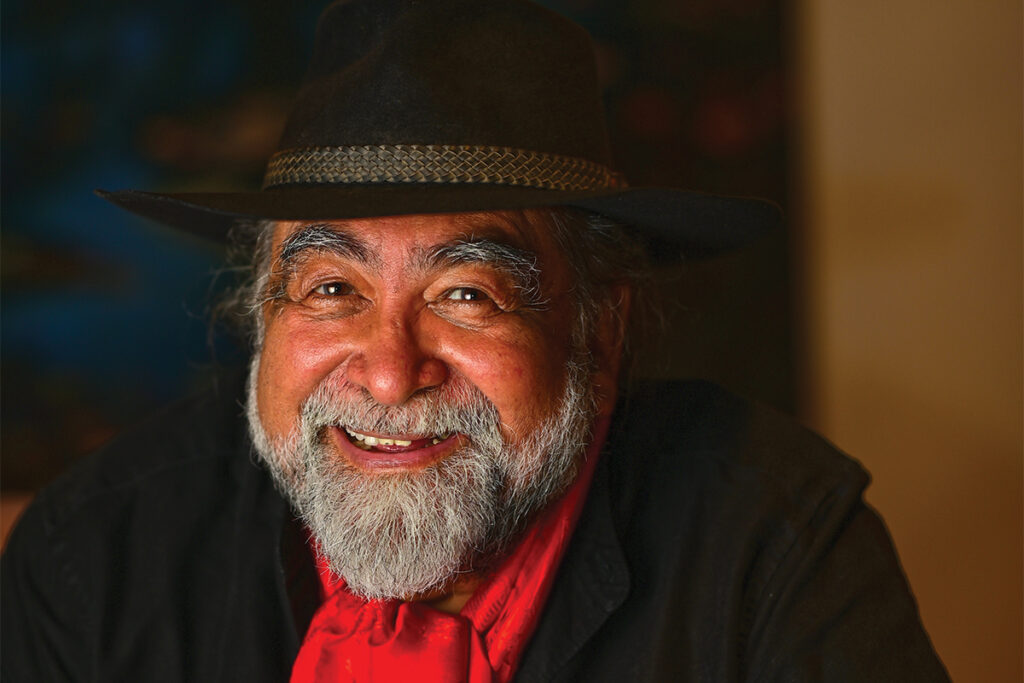We dive into a discussion on all things Lakshadweep and eco-tourism with ad-man extraordinaire Prahlad Kakar
Words by Karan Karayi and Sakshi Dhingra
Lakshadweep has been firmly in the spotlight, ever since PM Modi made a flying visit and captured the public consciousness. However, while it is prudent to try and encourage more domestic tourism in such undiscovered jewels as this, it is equally critical to keep in mind that a sustainable tourism development model must be pursued in order to preserve its unique ecology and heritage.

While many of us are just being introduced to the dazzling beauty of the region, one man who is no stranger to it is verteran ad director and creative mastermind Prahlad Kakar. A man of many hats, his enthusiasm for eco-tourism and diving is contagious, and dating back decades, which resulted in the founding of Lacadives, India’s first SCUBA diving company on the island of Kadmat in the archipelago.
What began as a labour of love has inspired generations of divers across the country is now a stunning showcase of India’s underwater heritage. But equally, Lacadives mirrors his own desire to inject a love for nature into everyone, and if the thousands of divers from across the world are any evidence, they have succeeded in doing so in some style.
Here are some snippets from our conversation with the legendary ad man.
On tourism in Lakshadweep
If you’re looking for a serene, off-the-grid getaway, Lakshadweep might be right up your alley. With its virginal beaches, azure seas, and tranquil lifestyle, there’s a lot going for the archipelago.

But, as Kakar is quick to tell us, access is tightly controlled, with good reason. “We’ve got a body to actually figure out the carrying capacity of each island and just sticking to it. They are very strict about entry because you can’t just walk it. You have to get a permit and it’s quite a rigmarole. If you are a tourism operator, you cannot send your people or make an air booking without the permit. They will not allow you onto the aircraft. It’s almost like a visa.
So the thing is that if you have a confirmed accommodation, you can come. And the confirmed accommodation is only in 2-3 islands. I think Bangaram has accommodation for over 60-70 people. Kadmath has accommodation for about 30-40 people. Kavaratti has just created some accommodation for about 20-30 people. And there’s Minicoy, with accommodation for 30-40 people at one time.
On Minicoy’s strategic importance
India as a whole is starting to awaken to the allure of Lakshadweep, but the powers-that-be are aware of the strategic importance of the region, especially given heightened geopolitical concerns in recent years. It’s why there’s a concerted effort to create infrastructure in the region in recent years.
“Minicoy has no connectivity. The ship goes there only once a week, so nobody wants to go to Minicoy because nobody wants to plan week-to-week holidays according to the ship’s schedule.
But there is a plan of building an airport in Minicoy because Minicoy is strategically very, very important to us. It’s right on the main shipping lines between Maldives and us. And all the traffic goes through that.
So they are building a naval airfield in Minicoy which they have now bought land for. It has been in the process for the last 10 years. They finally, I think, achieved that. And now it will be fast-tracked because of the Prime Minister’s visit, and he also realises the strategic importance of that place. So if that airport comes up, Minicoy will boom.”
On Taj’s upcoming hotels
With all the excitement surrounding the islands, tourists can look forward to a pair pf Taj-branded resorts on the islands of Suheli and Kadmat in Lakshadweep, which are slated to open in 2026, and will be developed by IHCL.
Kakar is glad that Taj is leading the way on this, given their focus on excellence and sustainability-focused development, which will be vital to preserving the fragile eco-system of this largely unexplored region.
“I’m so glad that the Taj is going in first, because they’re very environmentally conscious. They’re principally grounded, so I think whatever they do, they’ll set the gold standard. So everybody else will have to follow that standard and not deviate from that. And I think the government, the administration should actually look at Taj’s model, what they’re going to put up, and get everybody else to follow that, whoever wants to come.
And if they don’t do that, then it’s going to be profit above environment.”
On the importance of inspiring a love for nature among children
For all his madcap antics and reputation as a creative maverick, Kakar has had a longstanding love affair with nature, and he has tried to inspire a similar love among others, especially children.
“We learned that when you teach adults about the environment, they are very agreeable. But the moment they get home and they get all their pressures and other priorities, they forget.
But children never forget. So when you teach children or take them into the islands, when you take them into the water, they never ever forget. And they grow up with that knowledge and that thing of, you know, saving the environment, especially the water environment, the sea environment. And they are very knowledgeable because once we start them on that route, they start reading on their own.
We have to start educating people; people who don’t live near the sea, but live at the source of the river don’t see the damage that they’re doing. They think that because the river is flowing here, garbage will go away. It’ll be someone else’s problem, and that is a massive challenge.
That’s why we have children’s program in these parts, to turn and make them into warriors so that some of them will go into villages and start teaching people. So this should probably even be part of a syllabus in school. Climate change should definitely be a part of the curriculum. It’s very essential that we do so, because ironically, those in school will be the most impacted by all of these things.
Back in our day, we didn’t have this experiential learning in schools. There was only textbook learning, theory. There was no practical. But right now schools are evolving, the education system is evolving. So if schools take the initiative of sending children here, there is more practical hands-on knowledge that they will get. And once they get closer to nature, I think that will be like a different game, because that’s an eye-opener.”


